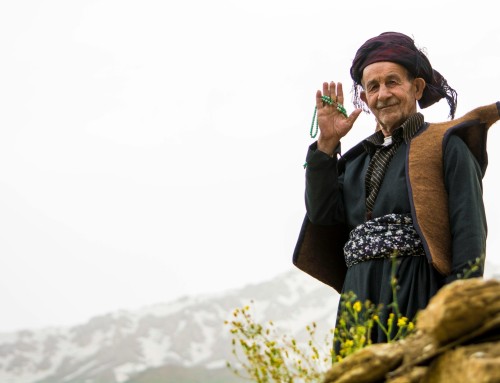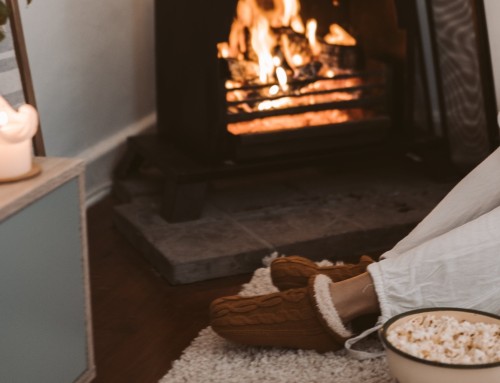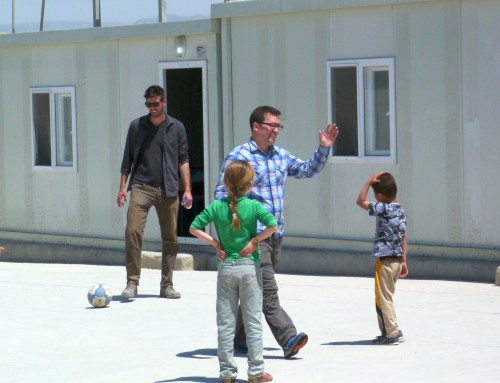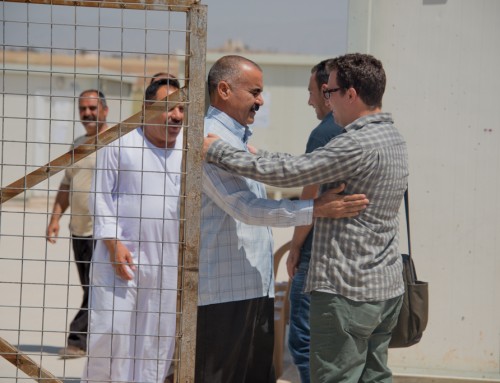My home in Iraq was flooded with refugees. In less than 3 months the population doubled. There were estimates of over 2 million refugees living around us – in empty schools, unfinished buildings, and, if they were lucky, in someone’s home. Most of them were not so lucky and there was great debate over what to do with them. They needed food, shelter, bathrooms, and eventually they needed to be able to care for themselves. What could we do?
Sometimes it’s the small things. We had young boys coming to our house asking for ice. In an Iraqi hot September ice was the only means of keeping what little food they had fresh. We gave them the ice we had and then found out where they lived. They were nearby. Every morning on our way to teach we carried with us three bags each, one of books and papers for our students, two with big blocks of ice. We made our stops. First, a school filled with sad mothers, frightened little girls, and fathers who stood around smoking and pondering the fate of their families. Then on to a half built building where four to six big families were granted privacy only by thin sheets they had tied around support pillars. Greetings were given, ice was handed off and we continued on our way to school.
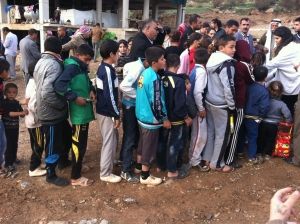 A month later we were on a bus filled with our regular high school students heading to the edge of the city where over one hundred people had been living, trying to live, for over three months. They were not registered with the U.N. or the government as refugees and therefore were not receiving aid regularly. They were dependent on the kindness of the people around them.
A month later we were on a bus filled with our regular high school students heading to the edge of the city where over one hundred people had been living, trying to live, for over three months. They were not registered with the U.N. or the government as refugees and therefore were not receiving aid regularly. They were dependent on the kindness of the people around them.
We were on a nice big bus, following two trucks that were packed beyond capacity with powdered milk, flour, rice, winter coats, sturdy shoes, and coloring books and crayons for the kids. Here was a physical representation of the kindness of very strange strangers. People in America had given the money that purchased these necessities, people that could not know how much their $10 would mean. Food and clothes yes, but also the chance to feel human again, to feel like they had been remembered in their suffering, a brief moment of happiness.
The bus had an atmosphere of a party. The students were laughing and joking with each other, relieved to be out of school for a day and out on an adventure with their friends. Their sheltered lives could not prepare them for small dirty children playing among construction rebar and concrete. Even before we stepped out of the bus they were slapped in the face with the destitution of these people, people who a few months ago had lived much the same comfortable lives that my students were now living. They stood outside the bus with a silence I didn’t know they were capable of. Some of the girls wept.
In the months to come this moment would lead to conversations about suffering in the world — how to prevent it, how to help people recover from it — but in this moment there were two instant reactions. Deep, heart wrenching sorrow and equally deep and heart wrenching anger. These were families, little children and teenagers their own age. What if it had been us instead of them? What if it is us next? How can we help them? What more can we do? The ride back was much less of a party atmosphere and much more of a counsel of war. They were going to make this right. They were going to do everything they could to help these victims feel like people again. Their hearts were awakened.
Several months later, these same kids, along with many others, were again on busses, heading this time to the opening ceremony of the new refugee school in the camp. For a month they had been collecting school supplies to fill back packs that would be given out today to these children who had lost everything, including the chance for an education, a future. Today they would be giving out hope in the form of pencils, rulers and erasers, things they had often taken for granted. Even on the way to the camp, the feeling on the bus was subdued. They weren’t sure how they would feel when confronted with a several thousand refugees after having come apart at the seams over a mere one hundred. What would this day, a day of supposed celebration, really be like? Could people really find happiness is such a small thing like a back pack or some paint or these few small trailers that they used as classrooms?
As they filed into the school compound and lined up for the opening ceremony they noticed the smiles on the faces of the children dressed in their very best second hand clothes. They observed their serious contemplation of the speeches that were given, the words that told them that education was a path to freedom, a symbol of hope for their futures. These small, freshly scrubbed faces took note of those words and sheltered them away in their hearts. They needed some hope and here was a little fragment to squirrel away and perhaps share with their mothers and siblings in the tents outside. Our students saw this and marveled.
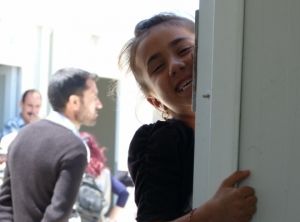 Then, when the formalities were over, we saw a whole new side to these little ragamuffins. They burst forth from their lines and raced to be the first into their new classrooms. Some of them dragged our students along with them to show off the clean new desks and bright shiny white boards.
Then, when the formalities were over, we saw a whole new side to these little ragamuffins. They burst forth from their lines and raced to be the first into their new classrooms. Some of them dragged our students along with them to show off the clean new desks and bright shiny white boards.
They told about their teachers, they things they were learning and hoped to learn. They laughed and created colorful banners for their walls using their whole hands to paint, writing their names in yellow, red and green, echoing the colors of the flag that waved above their school. That paint was then transferred to faces, sketching the flag out there. But it didn’t migrate to their lovely new buildings or desks. Those remained pristine. They queued up for their backpacks and explored their contents with pleasure. This was a great thing that was happening to them. A great and wonderful thing after so many terrible things.
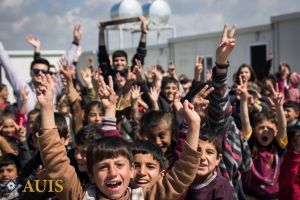
Picture courtesy of American University in Iraq.
Their joy was infectious. Even those serious people who had said those serious words could be spotted with Kurdish flags painted on their faces. The students who had been concerned about finding more sadness were excited by the celebration they found instead. They had made a difference, they had participated in a good, even a great thing. They helped kids try on shoes and choose outfits from the piles of clothing that had been donated to them. They laughed and sang songs and played games. But the question was still niggling at the edges of their minds – what else can we do? How else can we help? How do we make these people feel more human again?
These were good questions. I would much rather hear my Medes School students debate these questions than ones about who was a better rapper, Eminem or 50 Cent. I would much rather watch them struggle through trying to help those around them, than trying to pry test answers out of their teachers. I would rather see them confront the poverty and sorrow of those around them than watch them covet the decadent lifestyle they saw lived out in the T.V. shows of America. “Start small” I said. Give up your daily Coke or Snickers bar and give that money to a beggar on the street. Or go buy 2 kilos of apples and give them to the family living in the empty lot next door. Start small, but dream big. Some bags of ice lead to rice and milk and flour. $10 filled a backpack. Many people from many countries gave a little in some way and now 1,000 refugee kids have a chance for an education. Soon there will be more joy, more hope.
You may not be able to help 2 million refugees, but like me, you can teach 50 teenagers to care about their neighbors. And you can carry two bags of ice. Start small, dream big.
(Also! You can still vote for our work at the Shepherd School for the Hope Award Grant!)

